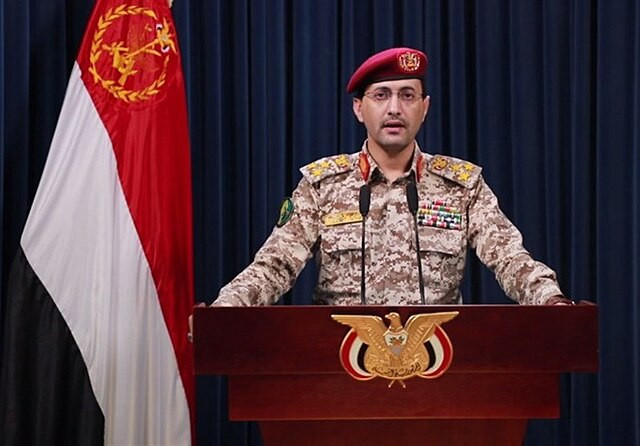The Iran-backed Houthi group in Yemen claimed responsibility for missile strikes targeting critical Israeli sites, including Ben-Gurion International Airport and a power station in Jerusalem. Although Israel's Iron Dome system intercepted the missile late Monday, the attack underscores rising tensions as the Houthis align themselves more openly with Palestinian factions amidst the ongoing conflict in Gaza.
Israeli officials dismissed the Houthis' claims of "successfully hitting" their targets, noting that no critical infrastructure was damaged. The attempted strike triggered sirens across parts of Israel, leading to temporary disruptions at Ben-Gurion Airport. Flights were briefly delayed but resumed within the hour. Civilians rushing to shelters sustained minor injuries, with Magen David Adom reporting several cases of panic attacks and one teenager hit by a vehicle.
In response to the attack, Israel issued a stark warning to the Houthis. Ambassador Danny Danon addressed the United Nations Security Council, declaring that the Houthis risk meeting "the same miserable fate" as Hamas and Hezbollah if they persist in their actions. "Let this be your final warning. This is not a threat. It is a promise," Danon said, emphasizing Israel's readiness to protect its citizens and respond decisively.
The Houthis, however, appeared undeterred. Mohamed Ali al-Houthi, head of the group's supreme revolutionary committee, pledged continued support for Palestinians and vowed to sustain their assaults on Israel. "The pounding of the entity [Israel] continues, and the support to Gaza continues," he wrote on social media.
Israeli Prime Minister Benjamin Netanyahu echoed Danon's firm stance, warning that the Houthis, like other Iranian proxies, would face severe consequences. Netanyahu's government has already launched targeted strikes on Houthi-linked sites in Yemen, including airports and power plants. Israel was "just getting started," Netanyahu remarked, framing Israel's actions as part of a broader campaign against Iranian influence in the region.
The escalating conflict has raised concerns of broader regional instability. While the Houthis' military capabilities are limited compared to Hamas or Hezbollah, their growing involvement signals a more coordinated effort among Iranian-backed groups to pressure Israel on multiple fronts.
The United Nations and international observers have called for de-escalation, warning that the situation could spiral into a larger conflict with devastating consequences. "Further military escalation could jeopardise regional stability with adverse political, security, economic and humanitarian repercussions," warned Assistant UN Secretary-General Khaled Khiari during the Security Council meeting.




